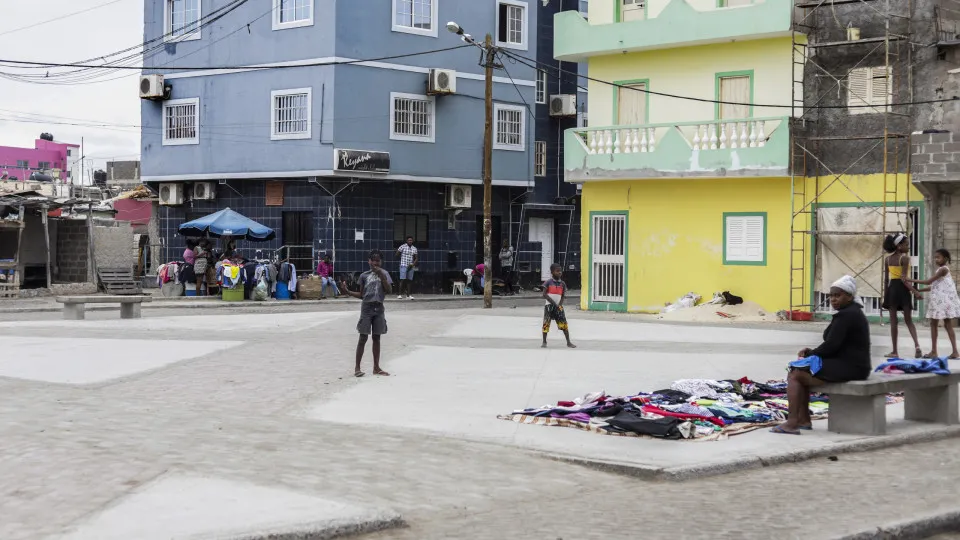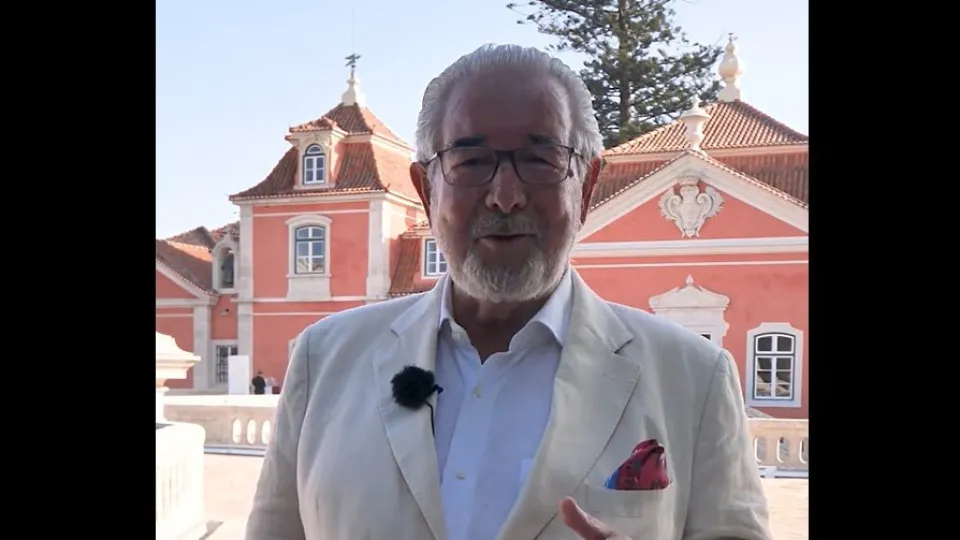
The nation’s ambition to achieve structural transformation and climate resilience by 2030 is reflected in its policy and investment framework. However, implementation gaps, fiscal constraints, and global uncertainties demand accelerated reform implementation, the document states.
The African Development Bank (AfDB) notes that while Cape Verde is on a promising path, bold policy actions are needed to overcome structural weaknesses. With a coherent reform agenda, partner support, and effective capital allocation, the country can reach its Vision 2030 goals for sustainable and inclusive development.
The Country Focus Report for Cape Verde, published in August on the AfDB portal, evaluated the macroeconomic performance, capital mobilization, and institutional reforms.
As an importer by nature, the country is vulnerable to external shocks, with the tariffs introduced by the US administration this year posing a potential new challenge, the institution warns.
“While the direct impact on Cape Verde may be limited due to its modest export volume to the US, broader implications from global trade tensions could affect tourism, migrant remittances, and investment flows, which are vital for the Lusophone archipelago’s economy,” the report states.
As solutions, the AfDB suggests increased efforts to strengthen trade ties with West African nations and the diaspora, gaining more trade options, along with advancements in installing renewable energies, digital services, and niche products in tourism, fishing, and agriculture.
However, there are human resource obstacles to overcome, as the education system “falls short of industry demands, particularly in technical and digital skills,” and the AfDB identifies a “brain drain, with qualified professionals migrating to developed economies, depleting Cape Verde’s workforce.”
In capital mobilization, the AfDB estimates that to meet development goals by 2030, “Cape Verde needs approximately $163 million (€137.6 million) annually (7.3% of 2024’s GDP), especially for infrastructure and energy.”
To reach this amount, the archipelago boasts a tax revenue-to-GDP ratio of 18.2%, “above regional averages,” but “tax collection efficiency is limited by informality and tax evasion.”
Moreover, “the government should implement regulations to facilitate funding for its development needs,” through public-private partnerships or financial markets, highlighting “diaspora bonds” as an example.
“Cape Verde has abundant national capital, yet its mobilization and utilization continue to fall short,” adds the AfDB.
Institutionally, “judicial independence is strong, but contract execution delays persist,” the report notes, pointing out that “a transparent and efficient judicial system is crucial for economic governance and investment.”
“Cape Verde should focus on strengthening judicial independence to ensure fair and impartial decisions, invest in training justice officials in commercial law and dispute resolution, and promote arbitration and mediation for faster, more economical commercial agreements,” concludes the analysis.
Macroeconomically, the AfDB maintains growth projections (disclosed during annual meetings in May) of 5.3% for this year and 4.9% in 2026, following a 7.3% increase in 2024 (provisional data). It forecasts inflation at 1.4% in 2025 and 1.8% in 2026 and anticipates “the budget deficit will decrease to 2.5% of GDP in 2025 and 1.7% in 2026, resulting from greater internal resource mobilization.”




